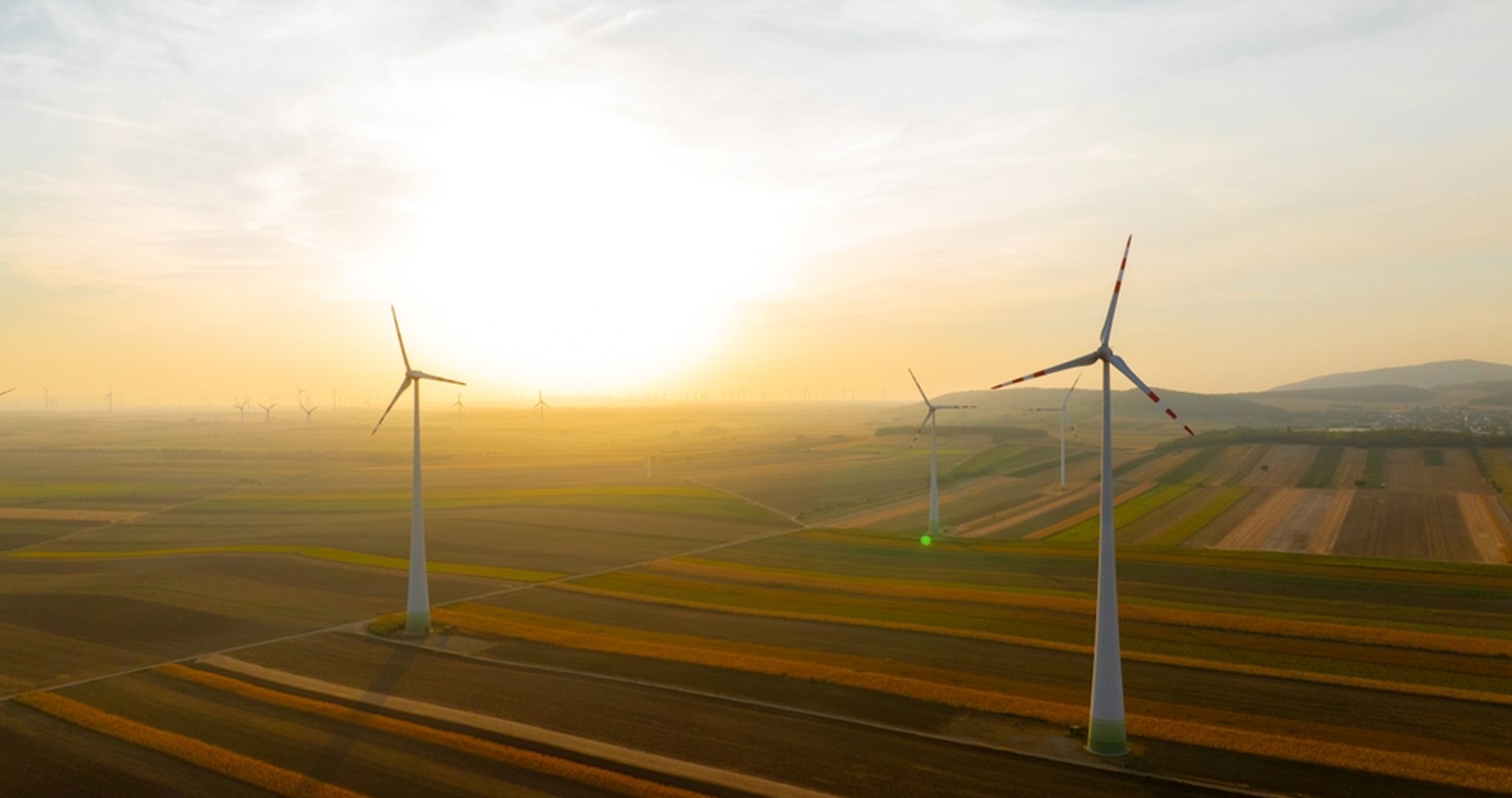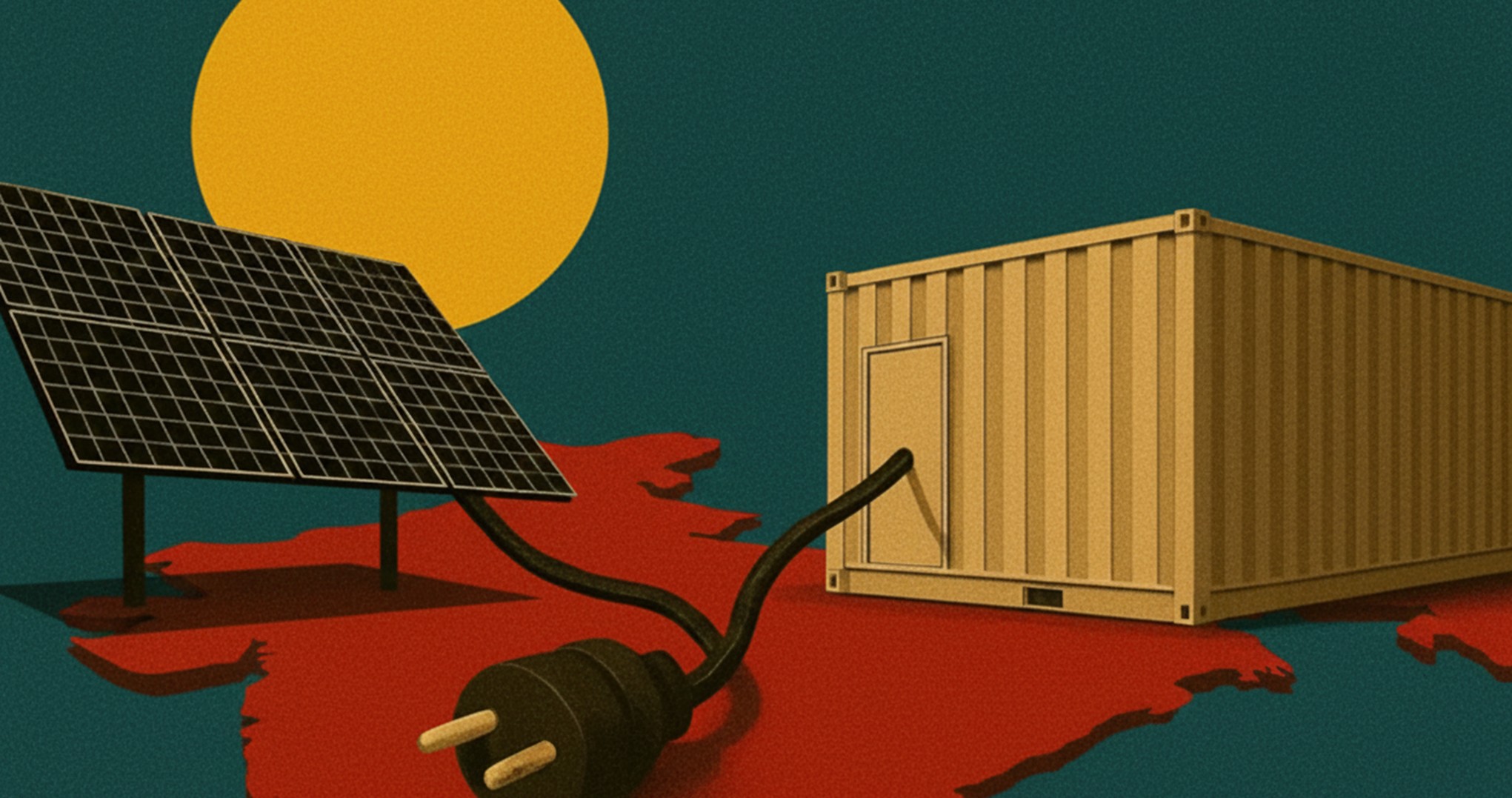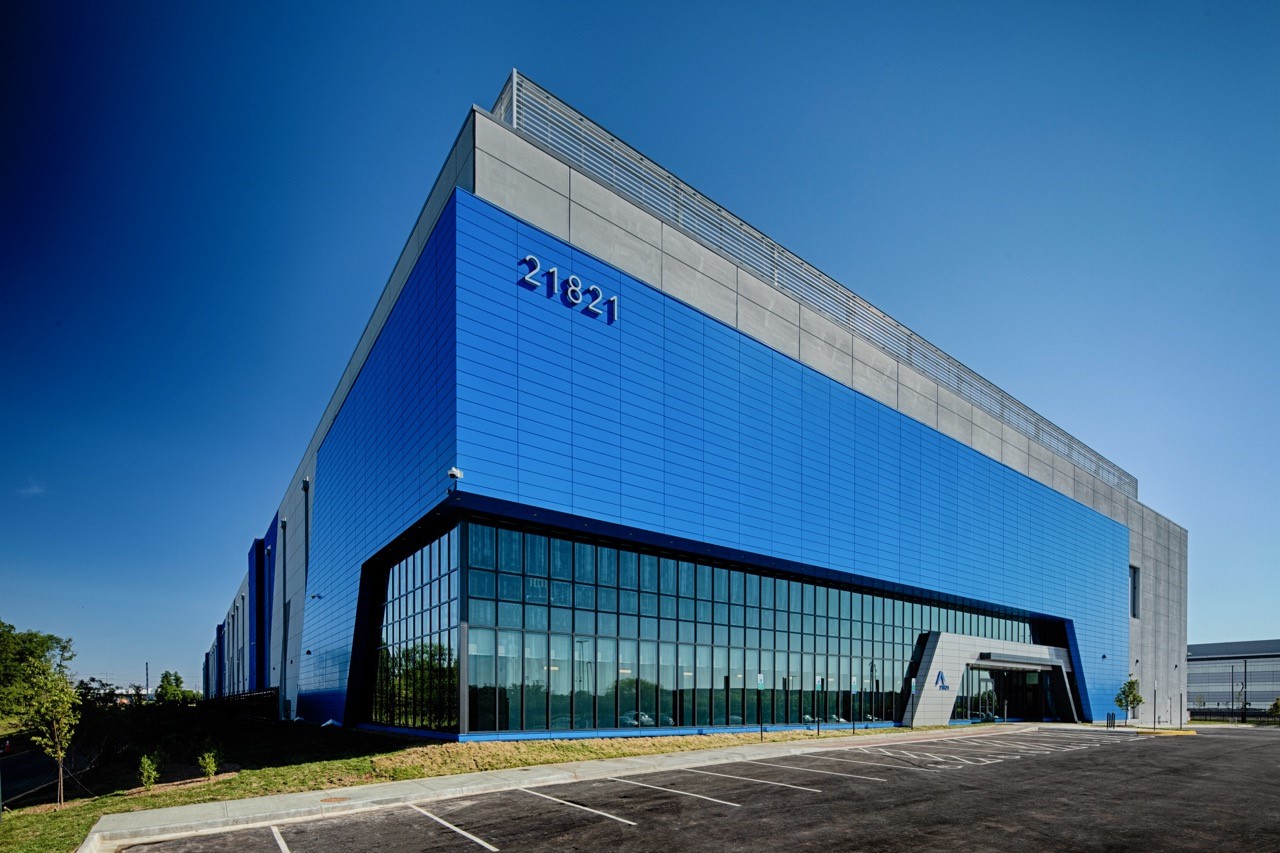FOURTH AMENDMENT TO CERC CONNECTIVITY AND GENERAL NETWORK ACCESS (GNA) REGULATIONS, 2025
The Draft Fourth Amendment to the CERC Connectivity and General Network Access (GNA) Regulations, 2025, introduces significant changes aimed at improving transmission system efficiency, optimizing renewable energy integration, and ensuring stricter compliance mechanisms. A key focus is the introduction of "Restricted Access" entities, which applies to Renewable Energy Generating Stations (REGS) and Energy Storage Systems (ESS) with limited injection scheduling rights based on solar and non-solar hours.
The amendment defines solar and non-solar hours, with weekly scheduling determined by the National Load Dispatch Centre (NLDC). This is expected to improve grid stability by aligning power injection with demand and availability. Additionally, the amendment places new conditions on additional generation capacity, requiring developers to meet financial guarantee obligations and adhere to strict commercial operation deadlines (max 18 months).
Further, the amendment tightens regulatory oversight on connectivity grantees, restricting shareholding changes before the Commercial Operation Date (COD) to ensure financial discipline. It also introduces cost-sharing mechanisms for shared transmission infrastructure, mandating agreements between multiple entities using the same transmission capacity. These measures aim to enhance investment security, prevent speculative capacity hoarding, and promote sustainable power transmission planning in India.
CONNECTIVITY SHAREHOLDING COMPLIANCE
The GNA Regulations mark a significant shift in India's electricity transmission framework, fostering greater flexibility, efficiency, and renewable energy integration. The 2025 amendments further refine these regulations by optimizing connectivity, introducing new scheduling constraints, and ensuring compliance through stricter financial guarantees.




